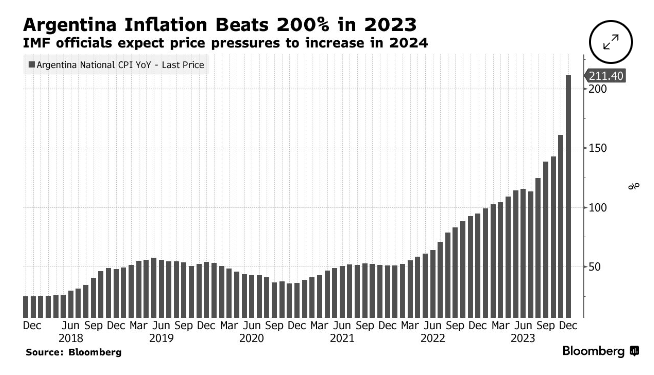Iraq got 39 mentions, Afghanistan 8, Iran 7.
Here's where the president mentioned the hemisphere:
Trade:
At the same time, we're pursuing opportunities to open up new markets by passing free trade agreements. I thank the Congress for approving a good agreement with Peru. And now I ask you to approve agreements with Colombia and Panama and South Korea.North America:
Many products from these nations now enter America duty-free. Yet many of our products face steep tariffs in their markets. These agreements will level the playing field. They will give us better access to nearly 100 million customers. They will support good jobs for the finest workers in the world, those whose products say, "Made in the USA."
These agreements also promote America's strategic interests. The first agreement that will come before you is with Colombia, a friend of America that is confronting violence and terror and fighting drug traffickers. If we fail to pass this agreement, we will embolden the purveyors of false populism in our hemisphere. So we must come together, pass this agreement, and show our neighbors in the region that democracy leads to a better life.
And tonight I'm pleased to announce that, in April, we will host this year's North American Summit of Canada, Mexico, and the United States in the great city of New Orleans.Immigration:
The other pressing challenge is immigration. America needs to secure our borders. And, with your help, my administration is taking steps to do so. We're increasing worksite enforcement, deploying fences and advanced technologies to stop illegal crossings. We've effectively ended the policy of "catch and release" at the border. And by the end of this year, we will have doubled the number of border patrol agents.
Yet we also need to acknowledge that we will never fully secure our border until we create a lawful way for foreign workers to come here and support our economy. This will take pressure off the border and allow law enforcement to concentrate on those who mean us harm.
We must also find a sensible and humane way to deal with people here illegally. Illegal immigration is complicated, but it can be resolved, and it must be resolved in a way that upholds both our laws and our highest ideals.
Democracy:
We support freedom in countries from Cuba and Zimbabwe to Belarus and Burma.

View comments